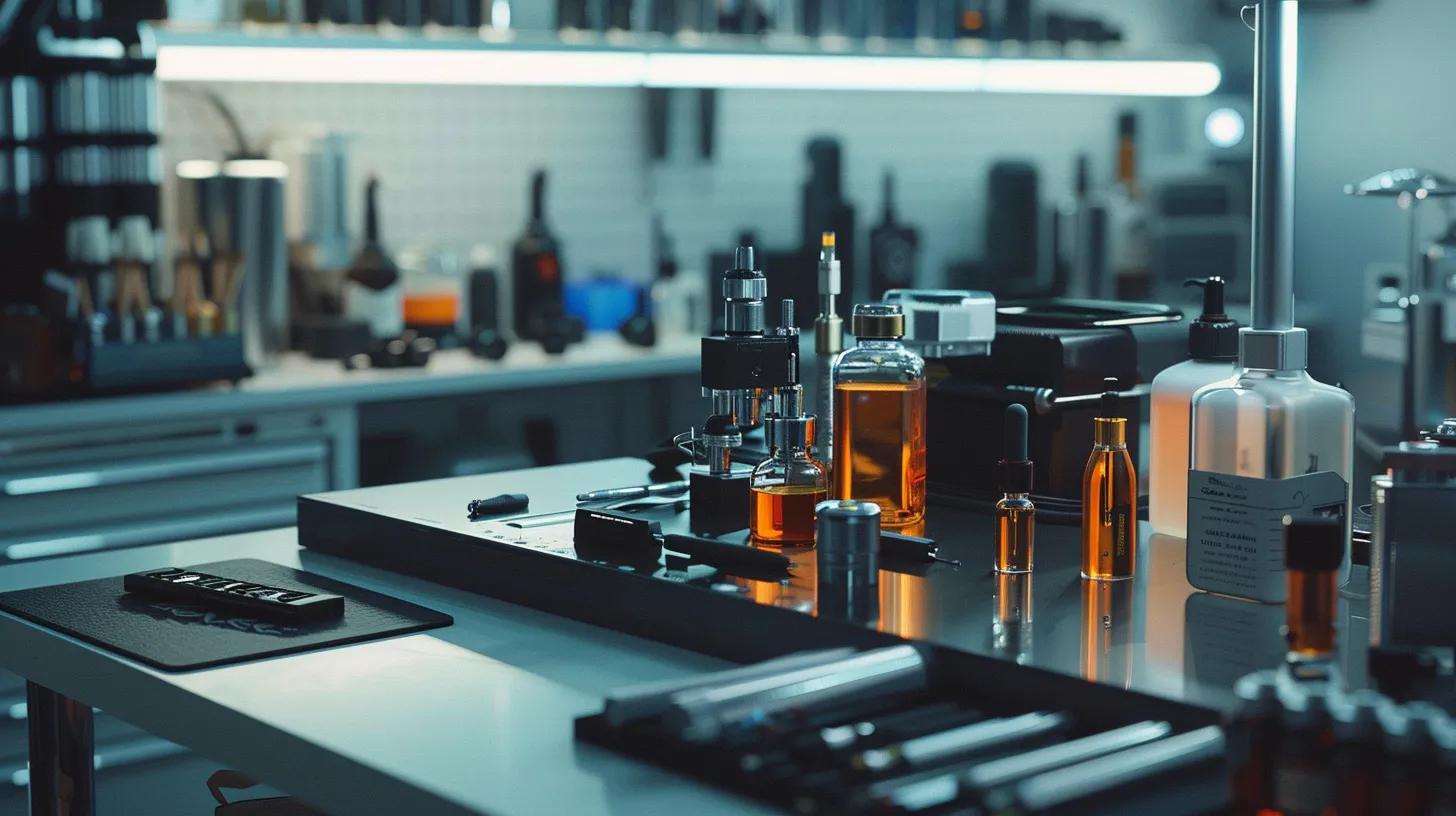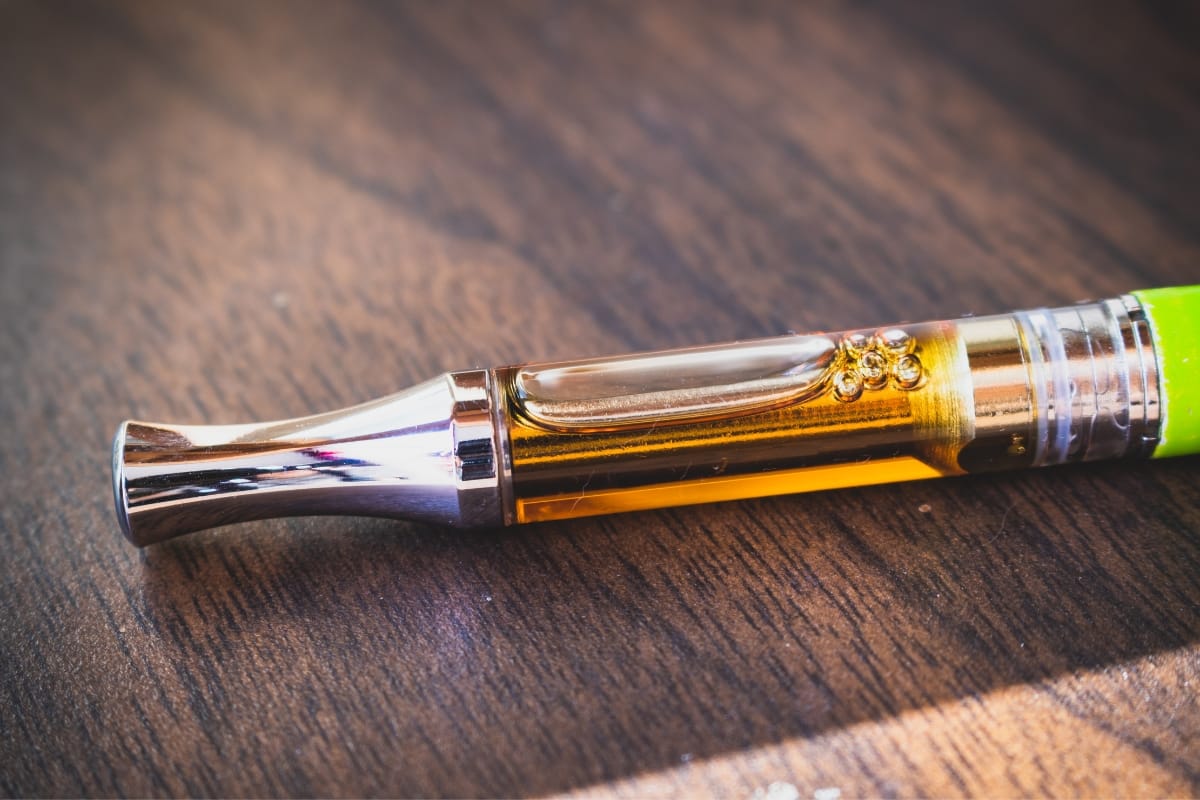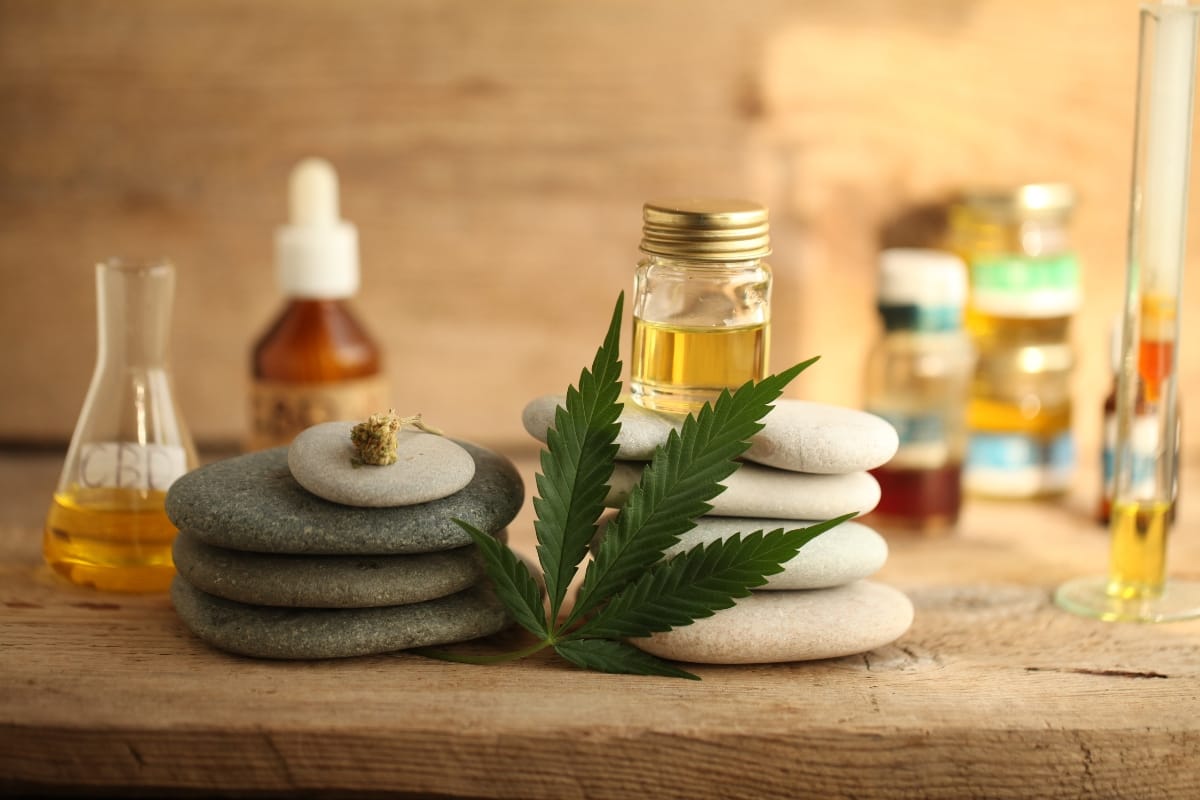In recent years, CBD (short for cannabidiol) has gained immense popularity in the wellness world. From oils, tinctures, and topicals to gummies and chocolate bars, it seems like CBD is everywhere you turn. But what exactly is CBD, and why is it suddenly so popular? If you’re new to the CBD scene and feeling a bit overwhelmed by all the information out there, fear not!
In this comprehensive CBD education guide, we’ll demystify the world of CBD and provide you with everything you need to know to make informed choices. This guide will be your go-to resource, equipping you with the necessary understanding of CBD, its various forms, potential benefits, and usage guidelines.
Whether you’re curious about how CBD works, interested in exploring its potential health benefits, or looking for tips on finding high-quality CBD products, this guide has got you covered. So, sit back, relax, and get ready to embark on a journey of CBD education that will empower you to navigate the CBD market with confidence. Let’s dive in!
CBD Education: Are You Ready to Unleash the Potential of Cannabidiol?
What is CBD?
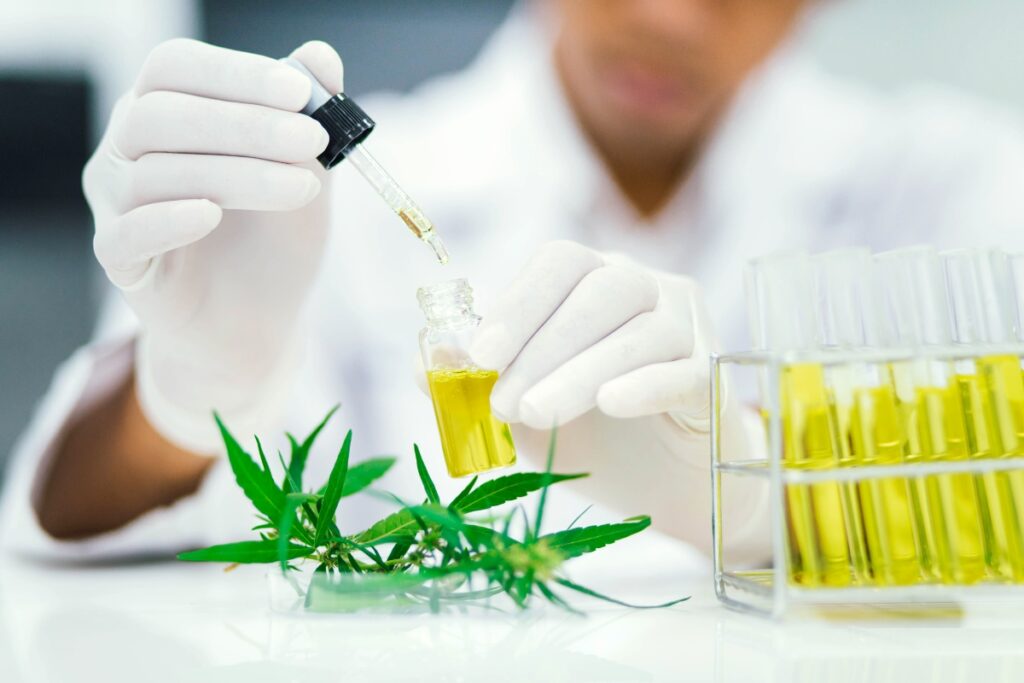
CBD, short for cannabidiol, is a naturally occurring compound found in the marijuana plant. This compound is one of the many cannabinoids present in the plant, but it stands out due to its therapeutic properties. CBD has gained significant popularity in recent years, thanks to its potential health benefits and non-psychoactive nature.
CBD is often extracted from hemp, a variety of cannabis that contains minimal amounts of THC, the psychoactive compound responsible for the “high” that is commonly associated with the use of marijuana. This ensures that CBD products can be used without inducing any intoxicating effects.
The Difference Between CBD and THC
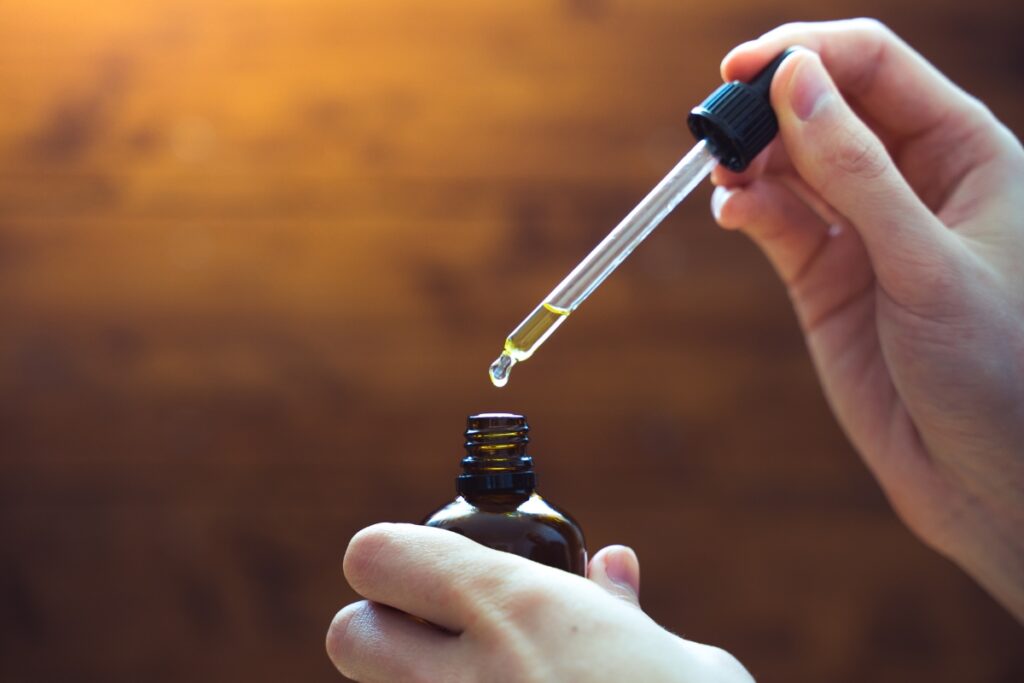
CBD and THC are two compounds found in cannabis plants, but they have distinct differences in their effects on the body. Understanding these differences is crucial for anyone interested in CBD education.
CBD, short for cannabidiol, is found in cannabis plants. It is often extracted from hemp, a variety of cannabis with low levels of THC. CBD has gained popularity in recent years for its potential therapeutic benefits. It is commonly used to alleviate pain, reduce anxiety, and promote relaxation. Unlike THC, CBD does not produce a euphoric high.
On the other hand, THC, or tetrahydrocannabinol, is the mind-altering compound responsible for the “high” sensation associated with cannabis use. THC binds to cannabinoid receptors in the brain, resulting in a range of effects, including euphoria, relaxation, and altered perception of time and space. It is important to note that THC is still classified as a controlled substance in many countries.
CBD and THC also differ in their legal status. While CBD derived from hemp is legal in many places, THC is still illegal in many jurisdictions. However, some countries and states have legalized the use of THC for medicinal or recreational purposes.
In terms of potential health benefits, both CBD and THC have shown promise in treating various conditions. CBD is particularly known for its anti-inflammatory abilities, making it a potential treatment option for conditions like arthritis and multiple sclerosis. THC, on the other hand, is commonly used to alleviate symptoms of nausea, stimulate appetite, and reduce pain.
It is important to consult with a healthcare professional before using CBD or THC for medicinal purposes, as individual responses and dosages can vary. Additionally, it is crucial to purchase CBD and THC products from reputable sources that undergo third-party testing for quality and purity.
How Does CBD Work in the Body?
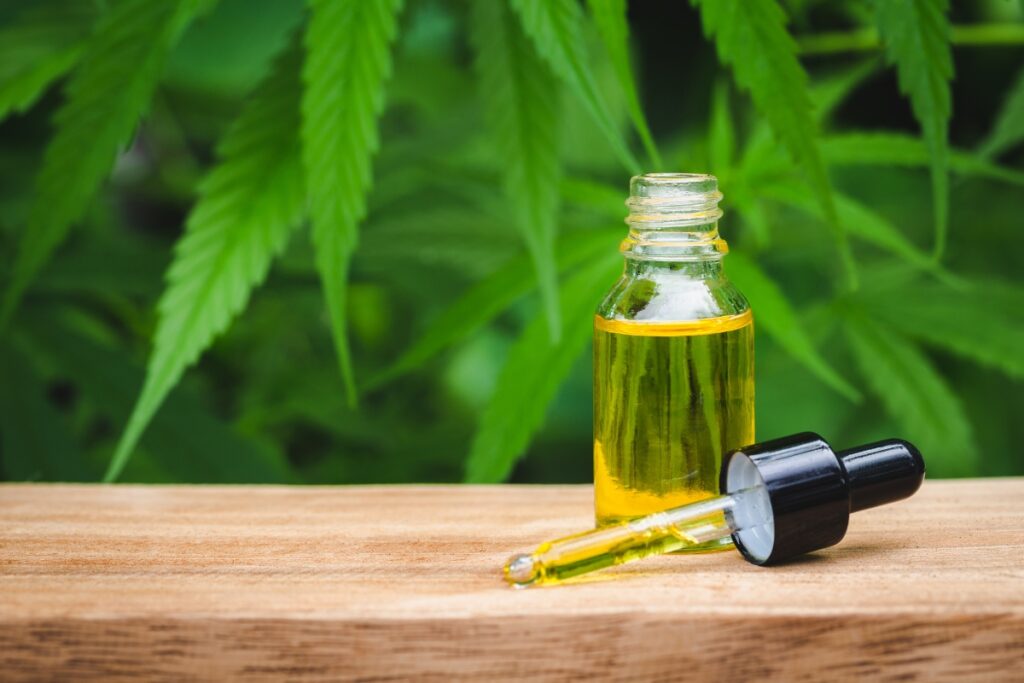
The endocannabinoid system is influenced by CBD when they interact with each other. This internal system plays an important role in maintaining homeostasis, or balance, within the body. The ECS consists of cannabinoid receptors located throughout the body, including the brain, immune system, and peripheral organs.
When CBD is consumed, it has an impact on specific receptors known as CB1 and CB2 receptors. CB1 receptors are primarily present in the brain and central nervous system, while CB2 receptors are mainly found in the immune system and peripheral organs.
By stimulating these receptors, CBD can regulate various physiological processes within the body. For instance, when CBD activates CB1 receptors, it assists in controlling pain, mood, and appetite. This is why CBD is frequently used as a natural remedy for ailments like chronic pain, anxiety, and depression.
CBD’s interaction with CB2 receptors also plays a crucial role in maintaining good health. By activating these receptors, CBD can help manage inflammation, immune response, and cell growth.
Therefore, CBD is currently being extensively studied for its potential benefits in treating conditions like autoimmune diseases, neurodegenerative disorders, and cancer.
Apart from its effect on the endocannabinoid system, CBD also has an influence on other receptor systems within the body. For example, it can enhance the activation of serotonin receptors, which are responsible for regulating mood and.
Furthermore, CBD has been shown to have antioxidant and neuroprotective properties. It can help reduce oxidative stress and protect against damage caused by free radicals. This is why CBD is being studied for its potential in treating conditions such as Alzheimer’s disease and Parkinson’s disease.
It is worth mentioning that although CBD has displayed encouraging outcomes in preclinical and clinical investigations, further research is necessary to comprehensively comprehend its mechanisms of operation and potential advantages. Additionally, the effects of CBD can vary from person to person, so it’s important to consult with a healthcare professional before starting any CBD regimen.
Different Forms of CBD Products
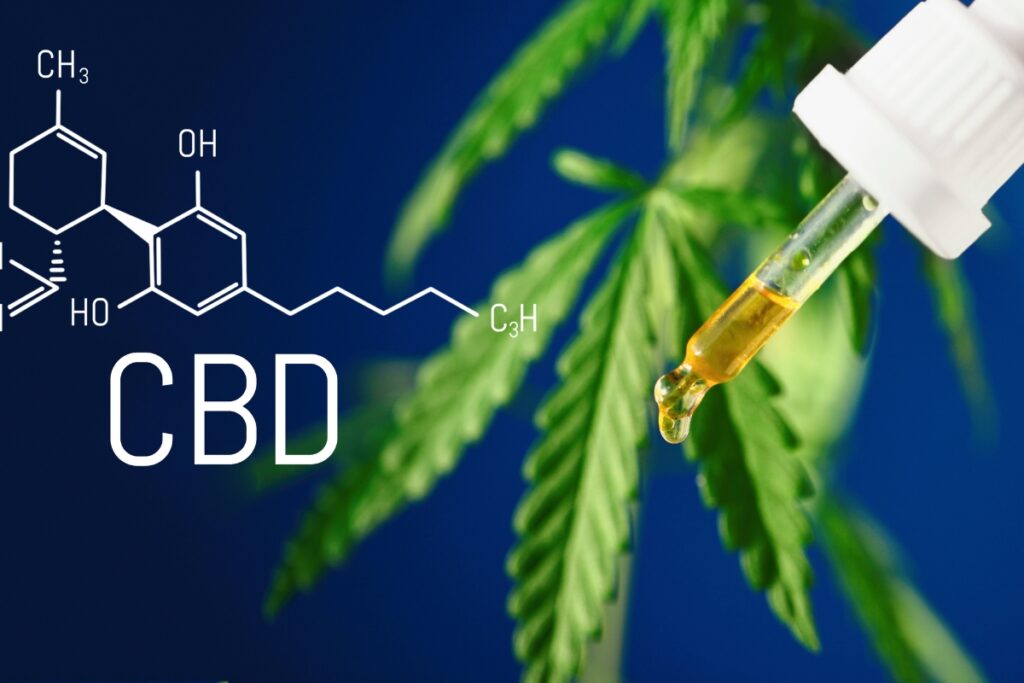
CBD products come in various forms, each offering unique benefits and methods of consumption. Understanding the different forms can help you choose the most suitable product for your needs. Here are some of the common forms of CBD products available in the market:
- CBD Oil: Amongst CBD products, this particular form has gained immense popularity. It is made by extracting CBD from the hemp plant and diluting it with a carrier oil, such as coconut or hemp seed oil. CBD oil can be consumed orally by placing a few drops under the tongue or added to food or beverages. It is known for its fast-acting effects and versatility.
- CBD Capsules: CBD capsules are a convenient and discreet way to consume CBD. They contain a measured dosage of CBD in a gel capsule form. Capsules are easy to swallow and provide a consistent dosage, making them ideal for those who prefer a controlled intake of CBD.
- CBD Topicals: Topicals for CBD include ointments, creams, balms, lotions, and salves that are infused with CBD. These products are designed to be applied directly to the skin, targeting specific areas for localized relief. CBD topicals are commonly used for soothing muscle soreness, joint pain, and skin conditions.
- CBD Edibles: CBD edibles are food and beverage products infused with CBD. They come in various forms, such as gummies, chocolates, cookies, and beverages. CBD edibles offer a tasty and enjoyable way to consume CBD, making them popular among those who don’t prefer the natural taste of CBD oil.
- CBD Vapes: CBD vapes involve inhaling CBD-infused vapor through a vaping device. This method allows for quick absorption of CBD into the bloodstream, delivering fast-acting effects. Vaping is commonly used by those who are looking for immediate relief or prefer a discreet method of consumption.
- CBD Tinctures: CBD tinctures are similar to CBD oil but are often alcohol-based. They are usually taken sublingually by placing a few drops under your tongue. Tinctures offer a potent and concentrated form of CBD, allowing for easy dosage control.
- CBD Isolate: CBD isolate is the purest form of CBD, containing no other cannabinoids or compounds. It is typically available in powder or crystal form and can be added to food, beverages, or used for DIY CBD products. CBD isolate is favored by those who prefer a THC-free option or want to customize their CBD dosage.
Choosing High-Quality CBD Products
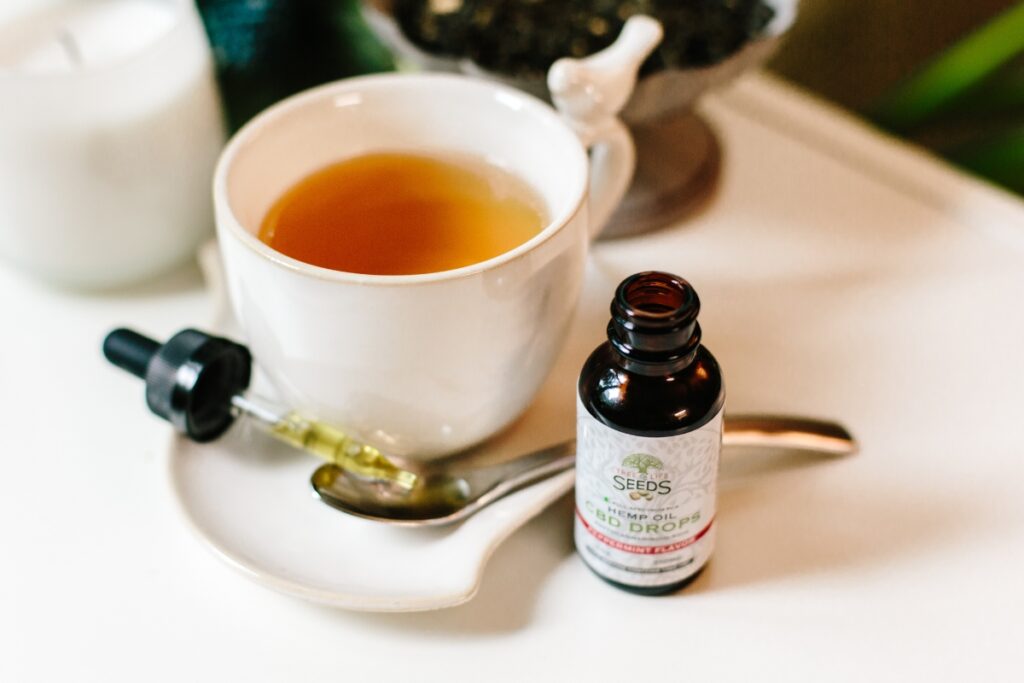
When it comes to choosing high-quality CBD products, there are a few key factors to consider. CBD, or cannabidiol, has gained popularity in recent years for its potential health benefits. However, not all CBD products are created equal, and it’s important to do your research before making a purchase.
One of the first things to look for when choosing a CBD product is its source. CBD can be derived from either hemp or marijuana. Hemp-derived CBD is legal in most states and contains low levels of THC, the psychoactive compound found in marijuana. On the other hand, marijuana-derived CBD may not be legal in all states and can contain higher levels of THC. It’s important to ensure that the CBD product you choose is sourced from hemp and contains less than 0.3% THC.
Another important factor to consider is the extraction method used to obtain the CBD. The two most common extraction methods are CO2 extraction and solvent extraction. CO2 extraction is considered the gold standard as it preserves the purity and potency of the CBD, while solvent extraction methods may leave behind residues that can be harmful when ingested. Look for products that mention CO2 extraction on their labels or websites.
In addition to the extraction method, it’s also important to consider the third-party testing of the CBD product. Reputable manufacturers will have their products tested by independent laboratories to verify the potency and purity of the CBD. Look for products that have a certificate of analysis (COA) available, which confirms that the product has been tested and meets quality standards.
Furthermore, pay attention to the ingredients listed on the product label. CBD products may contain additional ingredients such as carrier oils, flavorings, or preservatives. Opt for products that use natural and organic ingredients whenever possible to ensure a high-quality product.
Lastly, consider the reputation and customer reviews of the CBD brand. Research the brand’s history and look for customer testimonials or reviews online. A reputable and trustworthy brand will have positive feedback from satisfied customers.
How to Use CBD Safely and Effectively
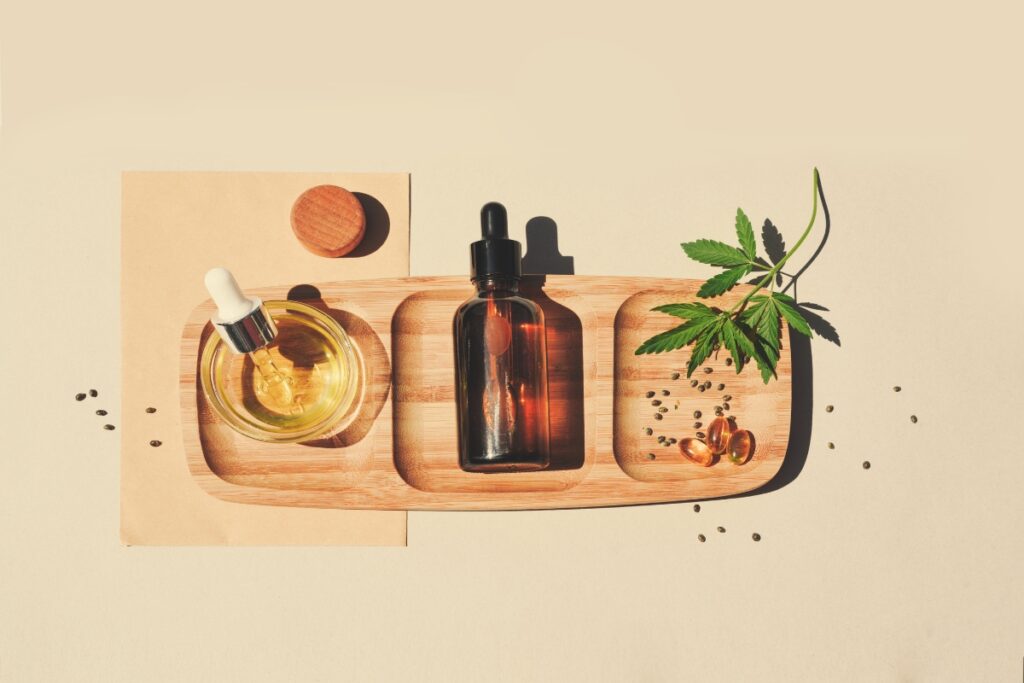
CBD, short for cannabidiol, is a natural compound found in the cannabis plant. It has gained significant attention in recent years for its potential health benefits. However, it is important to understand how to use CBD safely and effectively to maximize its positive effects.
- Start with Research: Before incorporating CBD into your routine, it is essential to do thorough research. Understand the different types of CBD products available, such as oils, tinctures, capsules, and topicals. Educate yourself on the varying concentrations and extraction methods to make an informed decision.
- Choose Quality Products: Look for CBD products that are derived from organic hemp and undergo third-party testing for purity and potency. Check for labels that indicate the CBD content and ensure that the product contains less than 0.3% THC, the psychoactive compound found in cannabis.
- Start with Low Dosage: When beginning a CBD regimen, it is advisable to start with a low dosage and gradually increase it. This allows your body to adjust to the compound and helps you determine the optimal dosage for your needs. Consult with a healthcare professional if you have any concerns or underlying health conditions.
- Consider the Method of Consumption: CBD can be consumed in various ways, including oral ingestion, sublingual administration, topical application, or inhalation. Each method has its own absorption rate and duration of effects. Choose a method that aligns with your preferences and lifestyle.
- Monitor Your Body’s Response: Every individual responds differently to CBD. Pay attention to how your body reacts to the compound. Keep a journal to track the dosage, method of consumption, and effects experienced. This will help you understand what works best for you and make necessary adjustments.
- Be Patient and Consistent: CBD may not produce immediate results. It takes time for the compound to build up in your system and interact with your body’s endocannabinoid system. Consistency is key when using CBD to experience its full potential. Stick to a regular routine and give it time to work.
- Be Mindful of Drug Interactions: CBD may interact with certain medications, including blood thinners and antiepileptic drugs. If you are currently taking any medication, always make sure to consult with your healthcare provider. They can advise you on any potential interactions or adjustments that may be necessary.
Potential Side Effects of CBD
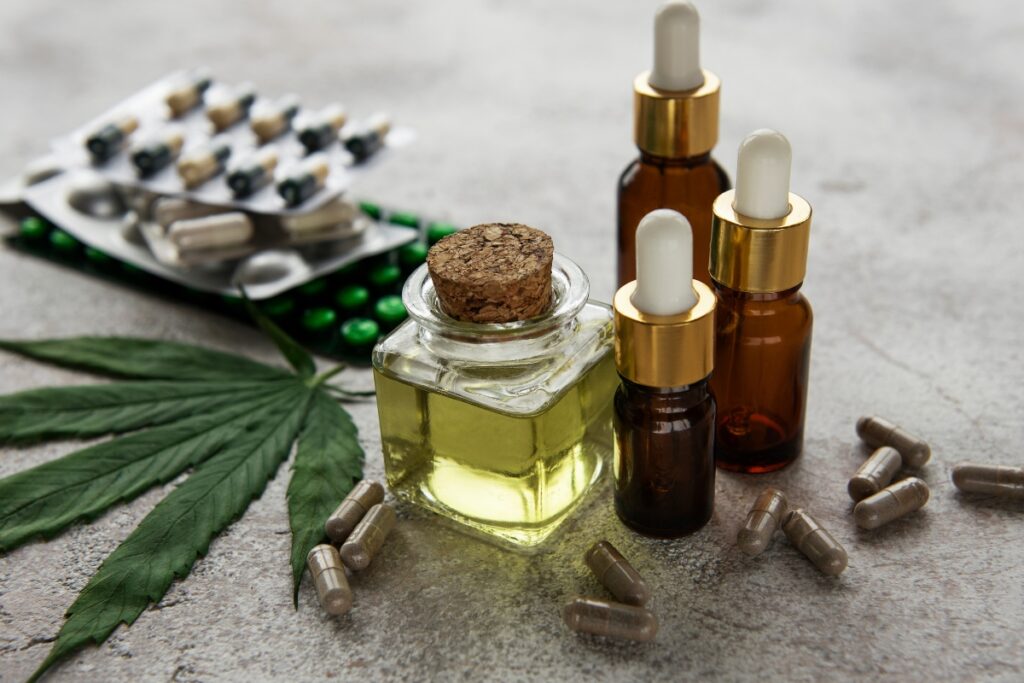
When it comes to CBD education, it’s important to understand that while CBD has gained popularity for its potential benefits, it also carries potential side effects. Here are a few of them that you need to be aware of:
- Dry mouth: CBD can cause a reduction in saliva production, leading to a dry mouth sensation. This can be easily managed by staying hydrated and drinking plenty of fluids throughout the day.
- Drowsiness: CBD can have a calming effect on the body, which may result in drowsiness or sleepiness, especially when taken in higher doses. It is advisable to avoid driving or operating heavy machinery after consuming CBD.
- Changes in appetite: CBD may influence appetite and metabolism. Some people may experience an increase in appetite, while others may notice a decrease. It’s important to listen to your body and make adjustments to your diet accordingly.
- Diarrhea: In some cases, CBD can cause digestive issues such as diarrhea. This side effect is usually temporary and subsides on its own. If you experience persistent diarrhea, it’s best to consult with a healthcare professional.
- Interaction with medications: CBD can potentially interact with certain medications, particularly those that are metabolized by the liver. If you are currently taking any medications, it’s crucial to consult with your doctor before incorporating CBD into your routine.
- Potential liver damage: High doses of CBD have been shown to cause liver damage in animal studies. While this side effect is rare and mainly occurs with excessive doses, it’s important to start with a low dosage and gradually increase it under medical supervision.
- Blood pressure fluctuations: CBD may cause a temporary drop in blood pressure. If you already have low blood pressure or are taking medication for high blood pressure, it’s recommended to monitor your blood pressure levels closely when using CBD.
- Allergic reactions: Although rare, some individuals may be allergic to CBD or other ingredients found in CBD products. If you experience any allergic symptoms, discontinue use immediately and seek medical attention.
Educating yourself about the potential side effects is an essential part of CBD education to ensure a safe and well-informed experience.
Conclusion: Empowered and Informed in the World of CBD
When it comes to CBD education, being empowered and informed is crucial in navigating the world of CBD products. With the increasing popularity of CBD, it’s essential to have a comprehensive understanding of what it is, how it works, and its potential benefits.
Remember, CBD education is an ongoing process. Stay curious, stay informed, and always prioritize your health and well-being when incorporating CBD into your lifestyle.
Stony Cigars has everything you need to learn more about the use of CBD products and their benefits in addressing physical issues. Learn more about our range of CBD products and what they can do for you by sending us a message or giving us a call at 770-702-5123 today.

